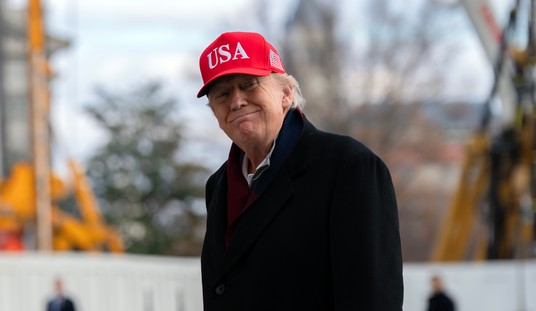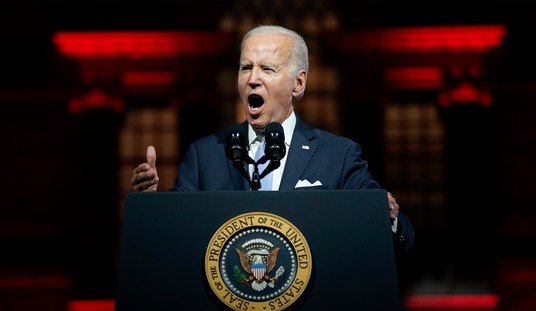Advertisement
Exxel’s profits have plummeted as companies have begun importing the sleeping bags under the GSP. These bags are imported essentially duty-free, and if allowed to continue, will put Exxel out of business. So Exxel asked Sen. Jeff Sessions of Alabama to close the loophole, and remove the GSP from imported sleeping bags.
John Stanton at Roll Call explains:
Earlier this year, Sessions sought to include language in the renewal of the GSP to close the loophole and save Exxel’s Alabama plant, but he has been unable to reach an agreement with Democrats and Republicans, who are pushing to pass the bill as is.Is it an earmark? Sessions is seeking a special exemption for a company in his state, who stands to gain a lot of business by the government intervening. There’s no government outlay, persay, but Stanton explains how what Sessions is seeking fits the technical definition of an earmark.
After numerous proposals to address the situation, Sessions opted to place a hold on the bill, which at this late date in the session means the GSP is likely to lapse at the end of the year.
Sessions flatly denies the provision he is seeking is an earmark. His office claimed he is trying to undo an old earmark.
Recommended
Advertisement
…the [earmark] rules require the disclosure of any “congressionally directed spending items, limited tax benefits, or limited tariff benefits.” Limited tariff benefits are specifically defined by Senate rules as “a provision modifying the Harmonized Tariff Schedule of the United States in a manner that benefits 10 or fewer entities.”And then there’s Sessions’ explanation, via his spokesman:
Sen. Sessions is trying to end that injustice, and eliminate that earmark, by ensuring that Bangladesh and China have to play by the same rules as everyone else in the world. He is fighting to close a gaping loophole in our trade laws so that companies in America are at least allowed to compete on the same playing field.
























Join the conversation as a VIP Member